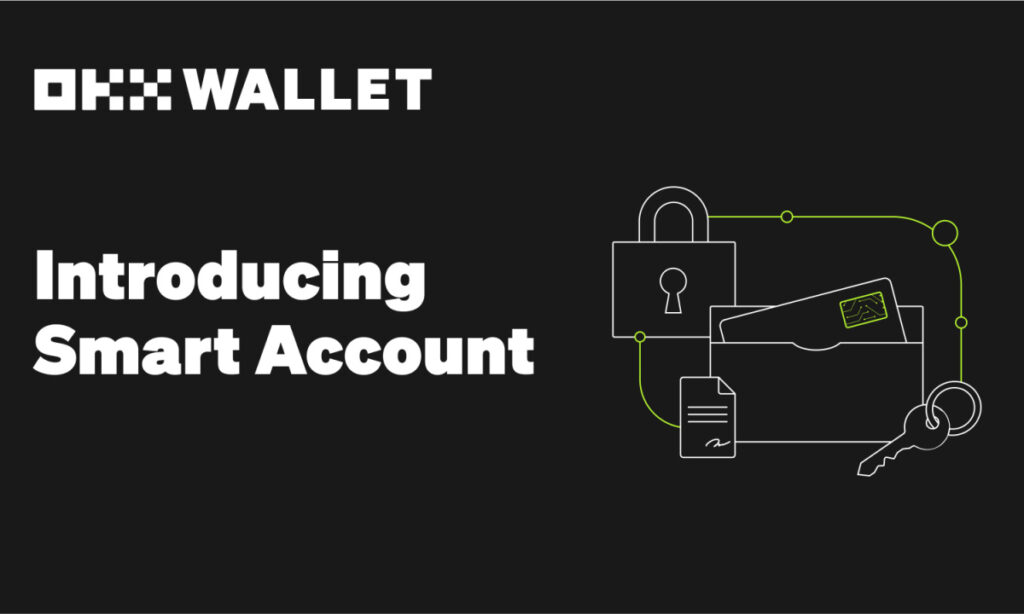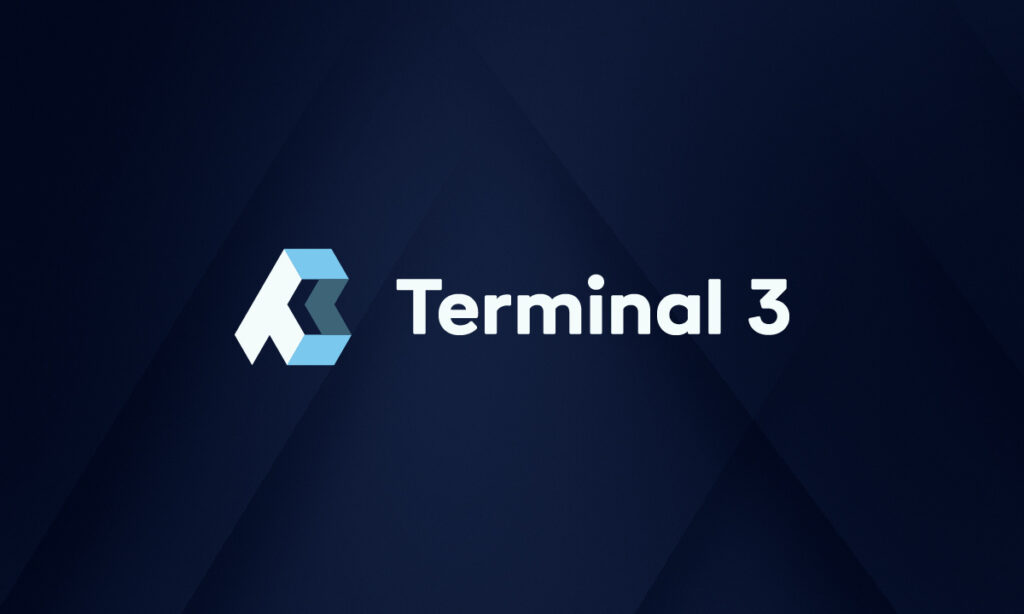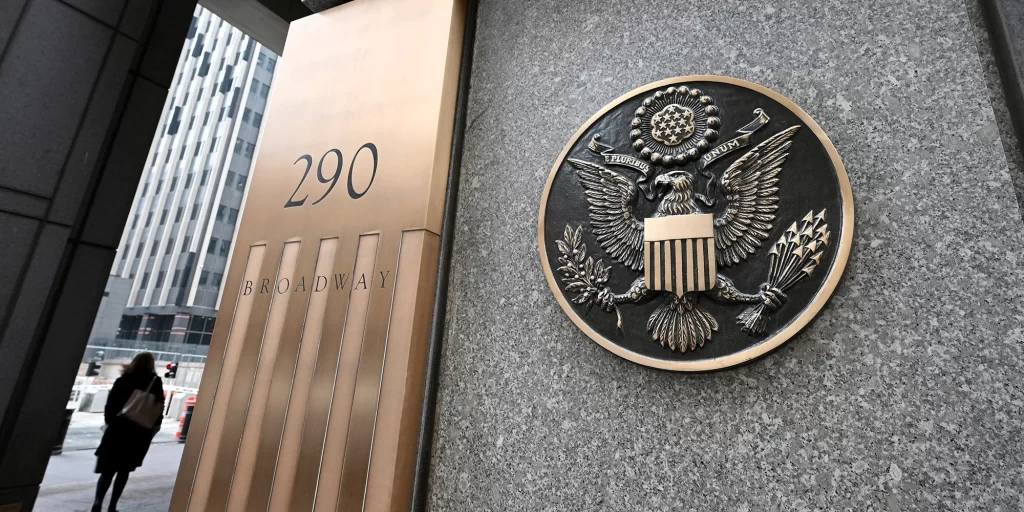Hong Kong is set to expand its cryptocurrency trading options to individual investors as at least one exchange has secured regulatory approval to offer its services to retail users.
HashKey, a local digital asset firm, has achieved all the necessary licensing to extend its operations from catering to professional investors to including retail users.
The regulatory green light came from the upgrading of two significant licenses issued by the Hong Kong Securities and Futures Commission (SFC).
The first license, known as Type 1, permits HashKey to operate a virtual asset trading platform under the jurisdiction of Hong Kong’s securities laws.
The second license, Type 7, officially authorizes the firm to provide automated trading services to both institutional and retail users.
Notably, HashKey has become one of the pioneering licensed exchanges to offer retail cryptocurrency trading in Hong Kong.
Moreover, the firm has introduced its crypto over-the-counter (OTC) trading service, HashKey Brokerage, which complies with local securities laws, following the implementation of a new crypto regulatory framework by the SFC.
READ MORE: Decentralized Exchange on Coinbase’s Base Network Pauses Trading Amidst Concerns of Exploit
Livio Weng, the Chief Operating Officer of HashKey Group, expressed confidence in the establishment of licensed trading platforms and the increased clarity of regulatory frameworks in Hong Kong.
He believes that this will result in enhanced transparency and significantly boost investor confidence.
HashKey is not alone in this development, as OSL, another local crypto firm, has also received an uplift to its existing license from the SFC.
This enables OSL to offer Bitcoin (BTC) and Ether (ETH) trading to retail investors immediately. Dave Chapman, OSL’s co-founder, emphasized that the licensing uplift would allow OSL to facilitate digital asset access for retail investors.
This news follows an announcement from a Hang Seng Bank executive who asserted that crypto companies can only open bank accounts after obtaining an approval-in-principle license from the SFC.
As of early August, OSL and HashKey were reportedly the only exchanges to have received such approval.
The expansion of cryptocurrency trading exposure to individual investors marks a significant step in Hong Kong’s evolving crypto landscape, offering increased opportunities for retail participation in the market.
Other Stories:
IRS Issues New Ruling: U.S. Crypto Investors Must Report Staking Rewards as Gross Income
U.S. Judge Denies Motion to Dismiss SEC Lawsuit Against Terraform Labs
Binance CEO CZ Unveils Plan to Launch Smaller Algorithmic Stablecoins










